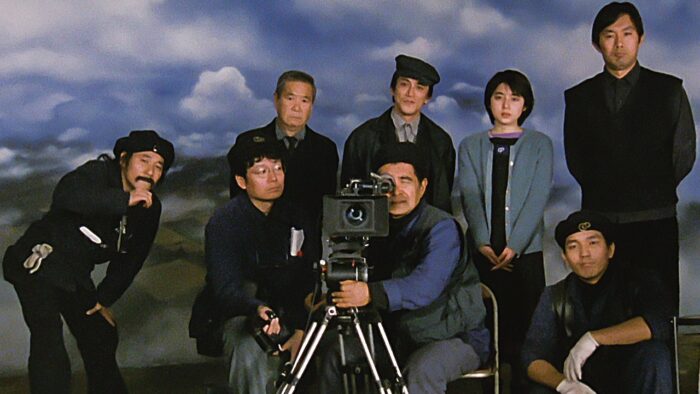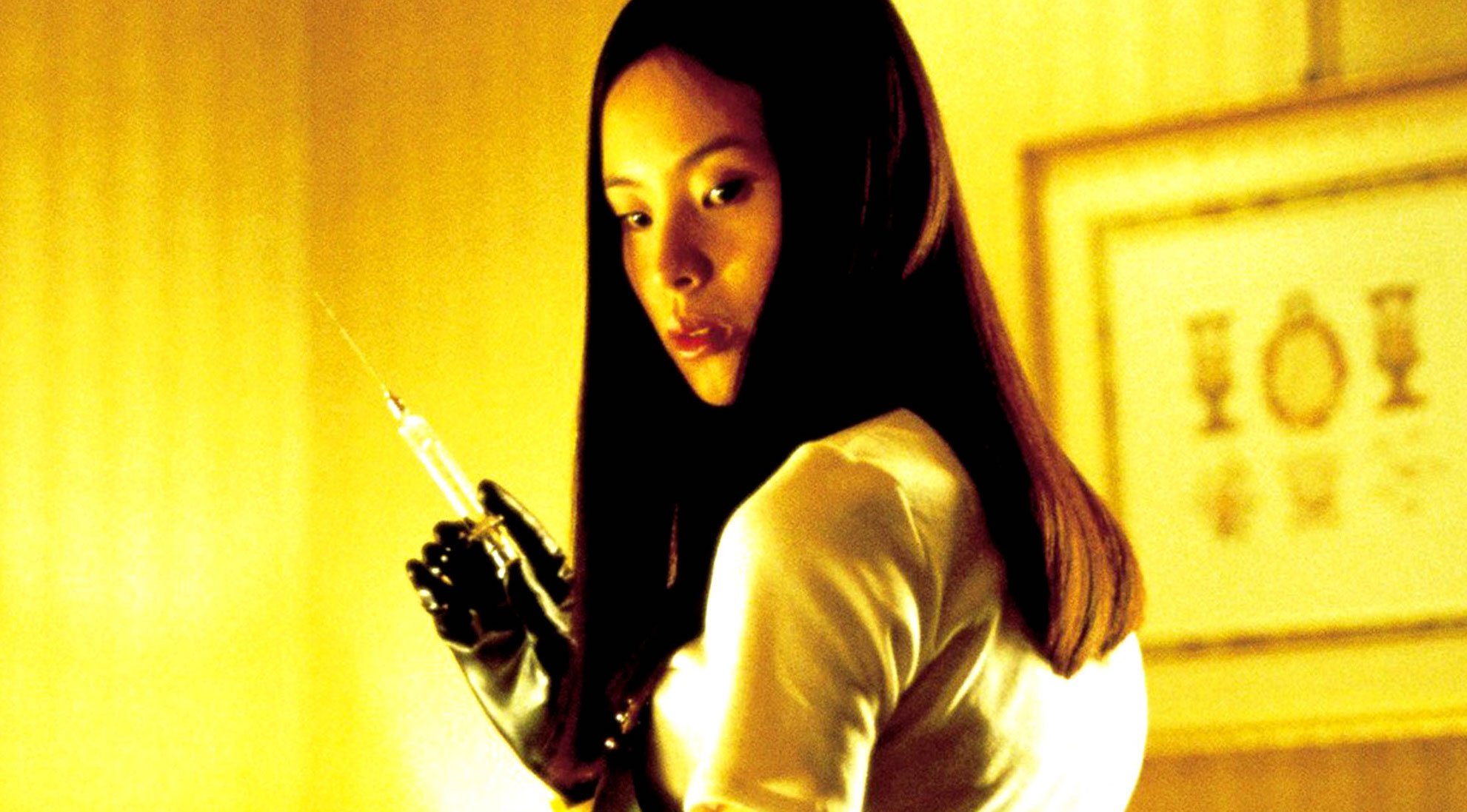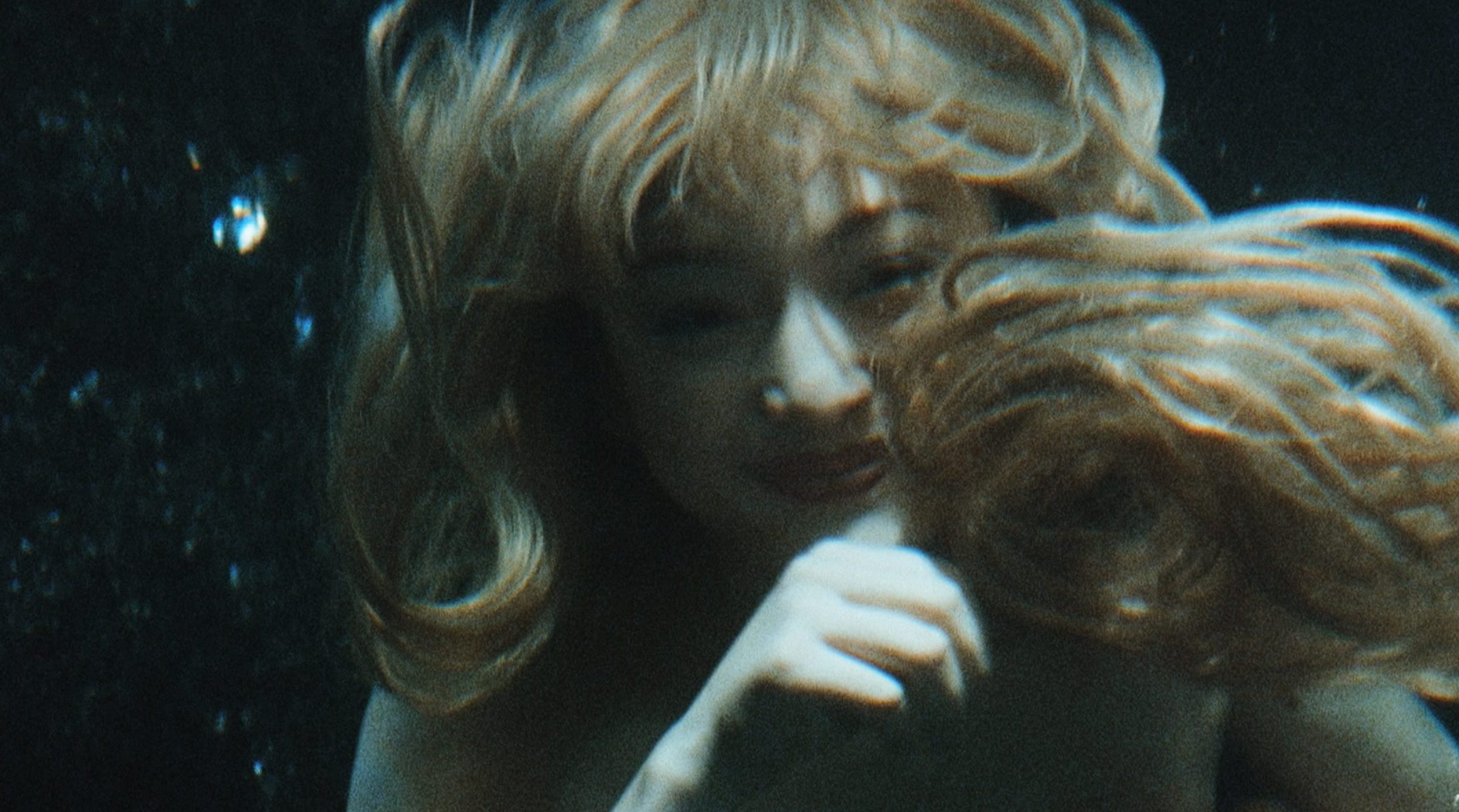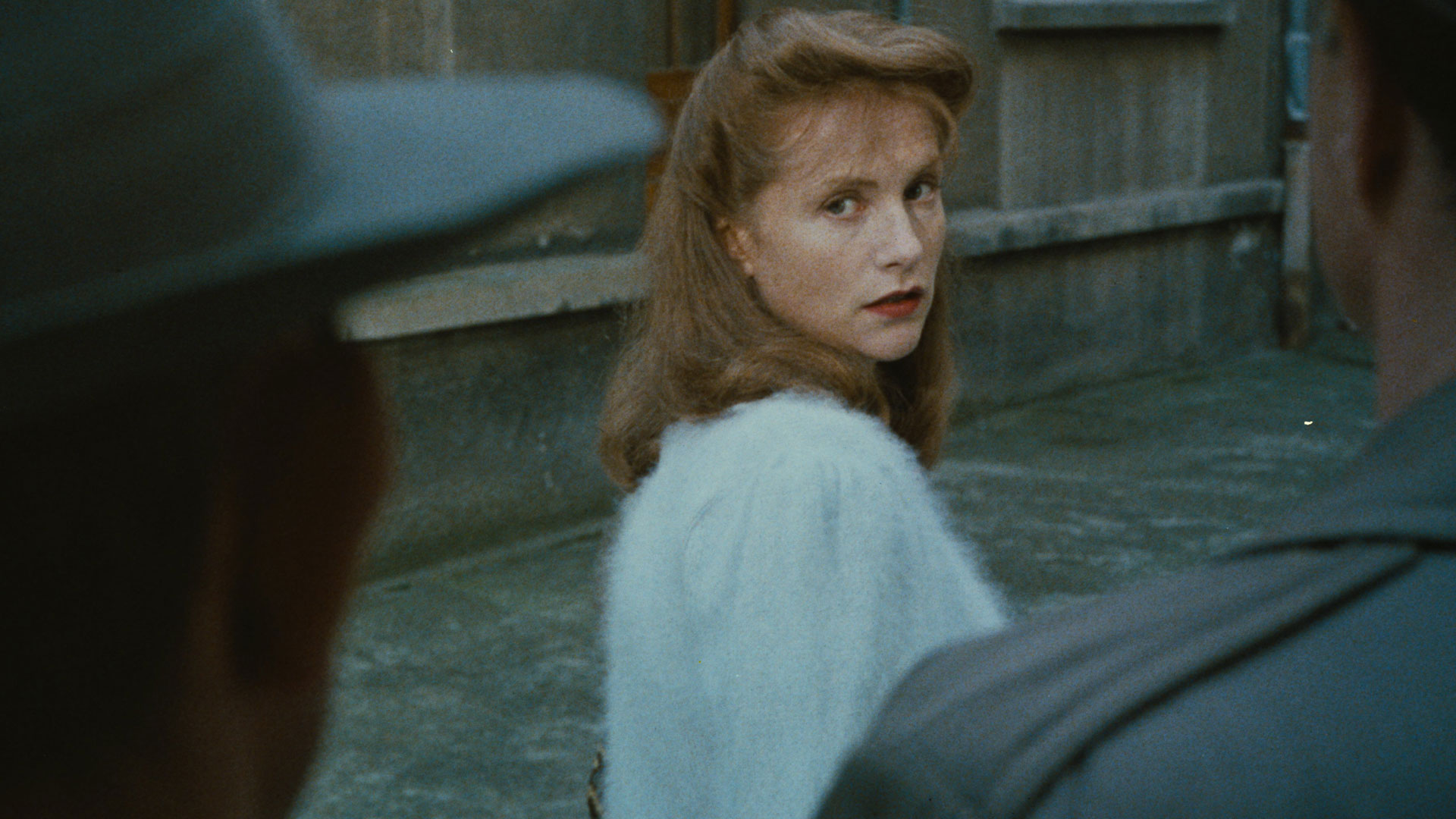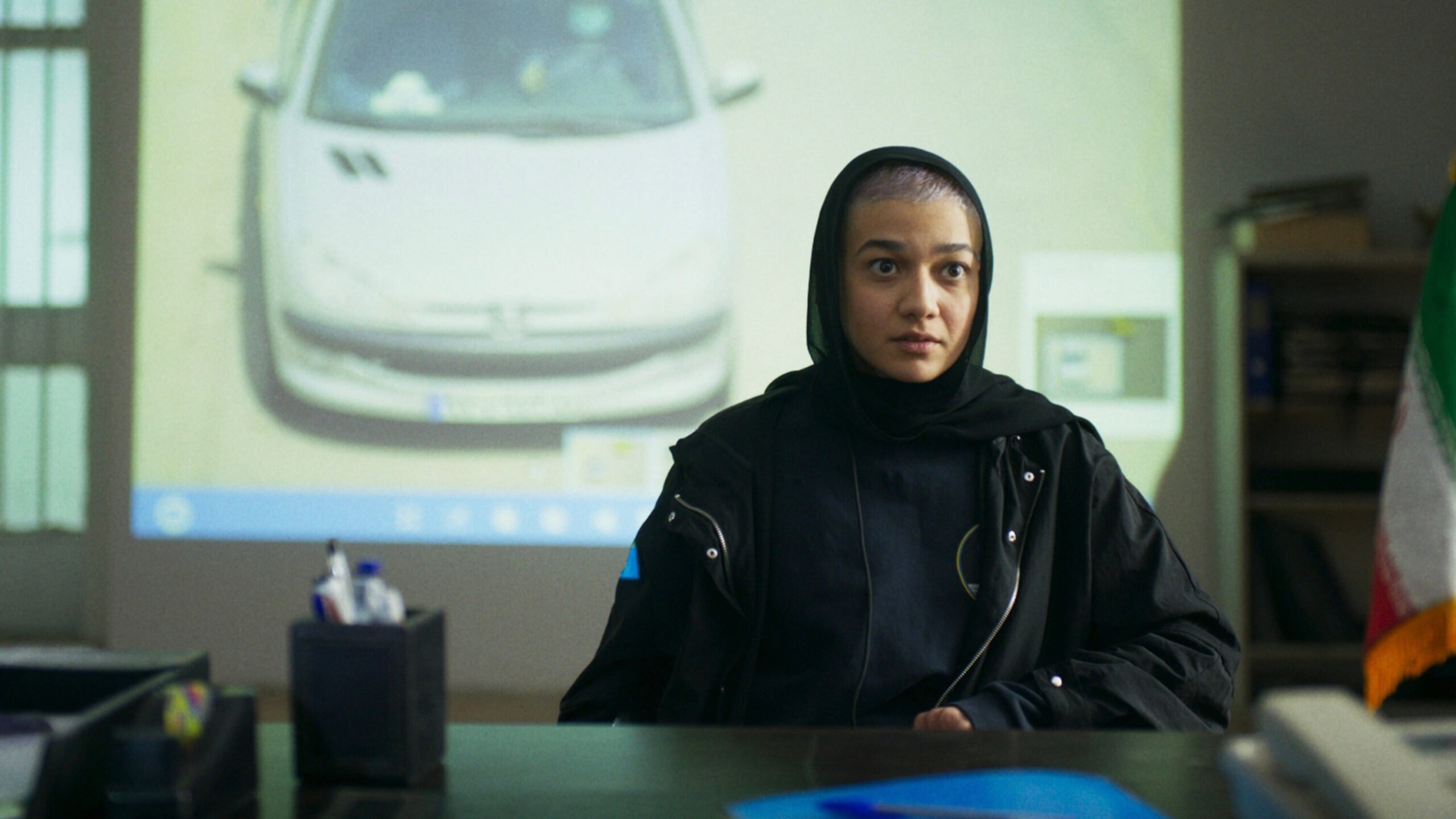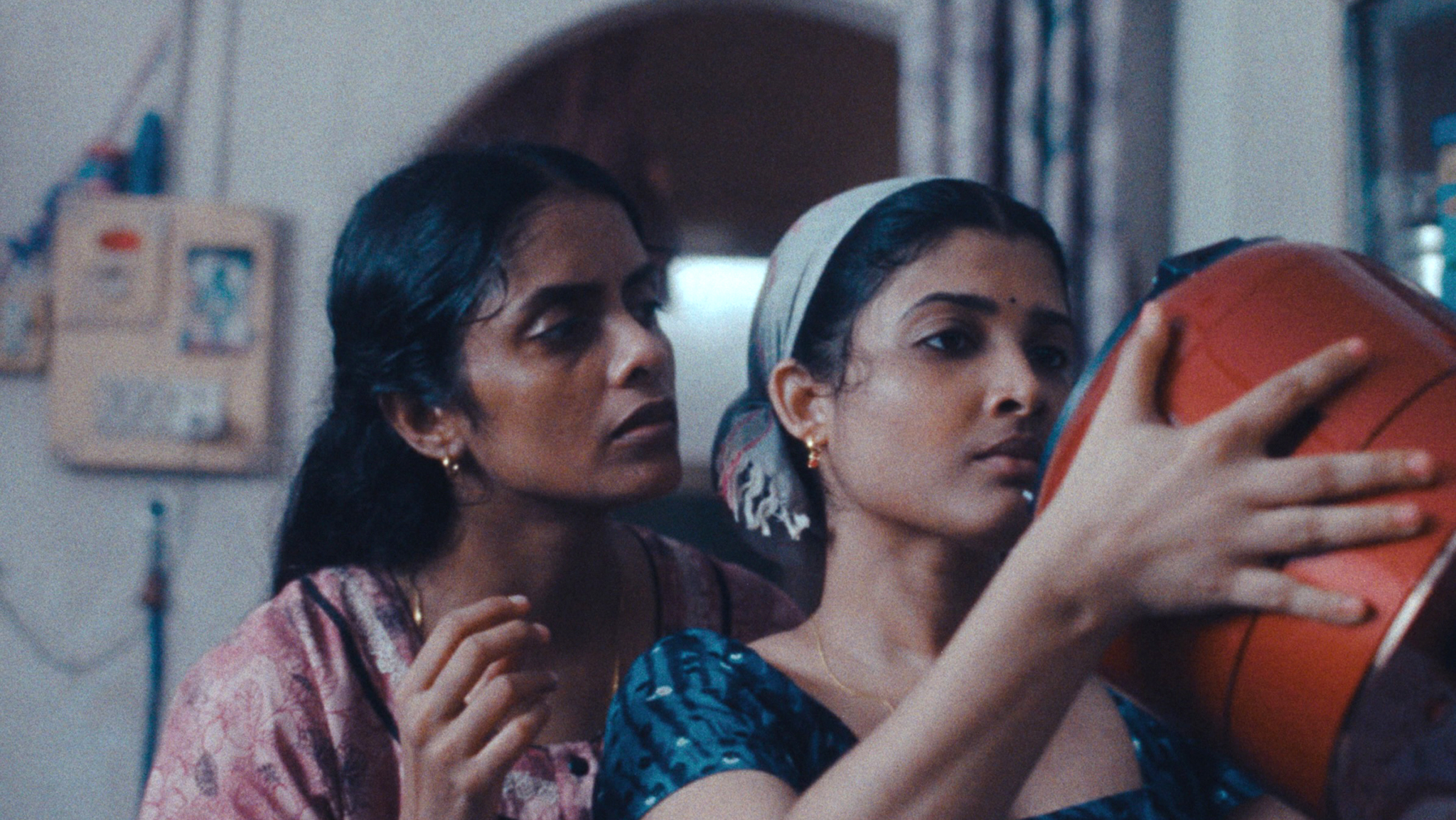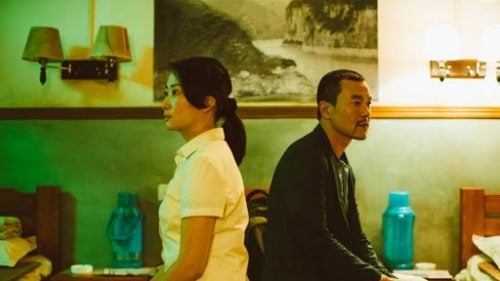
75 Best Foreign Movies on Criterion Channel Right Now
April 20, 2025
Share:
With its dedication to restoring and distributing classics, there’s no doubt that the Criterion Channel has a great library for viewers to dive into. They’ve unearthed films once thought to be lost, they’ve figured out how to adapt the classic widescreen aspect ratio to regular screens, and they also added thoughtful, scholarly essays and commentary tracks for movie lovers. It won’t be a surprise that their library also includes hidden gems from all over the world, so for cinemas wanting a glimpse of something new, here’s some of the best foreign films available to stream on Criterion Channel.
Read also:
41. After Life (1998)
Genres
Director
Actors
Moods
While it would be easy to make comparisons to The Good Place and other shows and films dealing with the afterlife, Hirokazu Kore-eda’s film is devoted to a single thing: commemorating the ordinary moments that make our life precious. Through little more than workplace banter and documentary-style interviews (with an ensemble delivering uncannily naturalistic performances), After Life reminds us how beautiful the mundane can be and how important it is for us to be present for each other in the everyday. And as the fim’s characters prepare to create reenactments of each person’s most precious memory, Kore-eda also defines filmmaking itself as an act of comfort and empathy. No existential crises here; an overwhelming sense of peace floods After Life, making it all the more memorable.
42. Audition (1999)
Genres
Director
Actors
Audition is not for the faint of heart. It’s shockingly violent and deeply unsettling, filled with sights and sounds that will haunt you for days on end. But there is grace to its terror; it’s profound and artistic in ways that elevate it from generic horror fare.
On a deeper level, Audition is about the destructive power of abuse, trauma, and loneliness, about how a society that neglects to recognize this eventually suffers from it. The revenge plot isn’t merely individual, as well, but a representation of the female subconscious: tired of objectification, eager for redress. And everything about the way the film is made, from the shaky camera and titled frames to the dramatic shadows and eerie lighting, reflects that imbalance.
Audition may be chilling and gruesome, but it’s also smart and important, a psychosexual thriller that captures female anger well before it became the rage.
43. Taipei Story (1985)
Genres
Director
Actors
Moods
Slow and almost silent, Edward Yang’s second feature film pins us down in a fast-moving city. In 1980s Taipei, Chin and Lung are childhood sweethearts who try to build a life together, but differences between their wants threaten to pull them apart. Chin bravely adapts to the changes she faces—moving house, shifting jobs, etc.—while Lung misses his promising baseball career and prioritizes familial debt. Through their relationship, the film captures the anxieties of a generation pulled between new Western consumerism and old Asian familial obligations. Watching the two lovers feels like being lost in a cold urban city, unable to move and not knowing where to go.
44. Suzhou River (2000)
Genres
Director
Actors
Moods
Once banned by Chinese censors, Suzhou River depicts love and obsession amidst the gritty, urban underbelly of Shanghai. As the film is portrayed through an anonymous videographer, seen only by his hands, it’s easy to fall in love as he does, with the mesmerizing Meimei (Zhou Xun), performing as a mermaid in a dive bar. However, he can’t seem to trust her, as she flits in and out of his life, with no clear notice. Likewise, the tragic romance told by motorcycle courier Mardar can’t be trusted, given that the river’s inhabitants warped it into folklore. Faces can’t even be trusted, especially with the double casting of actress Zhou Xun as Meimei and as innocent rich daughter Moudan. Because of these contrasts and its ambiguity, Suzhou River sweeps us into an alluring, mysterious tale, but reminds us not to get caught by the current.
45. Story of Women (1988)
Genres
Director
Actors
Moods
Based on the true story of the last French woman executed by guillotine, Story of Women depicts wartime survival under the Vichy regime. While men were sent to fight in the war, women in France stayed home, in a country occupied by the Nazis, with their government collaborating with the Axis powers they were supposedly at war with. Marie-Louise Giraud is one such woman. Like her country, she is pushed to do crimes forbidden by the state, first for kindness, but eventually for comfort, but only she gets the death penalty for 27 abortions, when only a few Vichy officials have been tried for crimes against humanity, which includes the deportation of seventy thousand Jews to concentration camps. The contrast is made much more poignant with Isabelle Huppert and Claude Chabrol’s creative partnership.
46. Police Story (1985)
Genres
Director
Actors
Moods
After an initially disappointing breakthrough attempt to Hollywood, Jackie Chan pivoted back to Hong Kong, unexpectedly creating an iconic film franchise and maybe perhaps one of the best martial arts movies ever made. Police Story seems to be a simple story at first, but it was through this film that Chan’s spectacular stunts evolved for a more modern setting, incorporating slapstick and action choreography into a definable style, while also questioning the ways Hong Kong police conducted themselves at the time. Police Story is Jackie Chan at his best, pushing an entirely new standard for action films all over the world.
47. Terrestrial Verses (2023)
Genres
Director
Actors
Moods
Since we live in a society, interacting with authority is inescapable. Terrestrial Verses depict fairly mundane day-to-day interactions– getting a birth certificate, settling a traffic violation, or attending a job interview– but through nine vignettes framed with a static camera, aimed at a person trying to negotiate with someone more powerful just outside the frame, these mundane interactions become satirically absurd. For those unfamiliar with the ideology behind the regime, these interactions are just so annoying. But for those in the know, the doublespeak in the dialogue reflects how finicky and arbitrary the rules set by the authoritarian regime are, and celebrates the wit and ingenuity of the ordinary people that have to navigate them. Terrestrial Verses seems utterly mundane at first, but it proves to be smart, incisive, and deeply insightful.
48. All We Imagine as Light (2024)
Genres
Director
Actors
Moods
All We Imagine as Light is a political film that has many smart and moving things to say about the loneliness of migrating from the country to the city, the double standards women face on the daily, and the ever-widening gap between the rich and poor. But thanks to director Payal Kapadia’s deft hands, these weighty themes don’t hit you like a brick in the face. Intertwined in the rich inner lives of the two Malayali nurses and the Marathi cook who lead the film, they come off as subtle and poetic, like everything else about the film. There’s a quiet power at work here, and it will entrance you till the end.
49. Evil Does Not Exist (2023)
Genres
Director
Actors
Moods
Evil Does Not Exist begins a simple enough parable about the dangers of disrupting the delicate balance of nature, particularly through capitalistic greed. It’s easy to follow and root for the right characters, while the majestic views of rural Japan and the curious ways the film is edited (all abrupt musical cuts and shaky cameras) add to the movie’s charm. But fans of director Ryusuke Hamaguchi (Drive My Car, Wheel of Fortune and Fantasy) know better than to trust a seemingly straightforward path, which is of course not what you get in Evil Does Not Exist. The film takes a turn for the supernatural, maybe too late in its run, but it’s beguiling and thought-provoking nonetheless. It’s worth watching for many reasons, but the jarring realization that you might not know what this film—and indeed life—is really about is the true highlight.
50. Blind Chance (1987)
Genres
Director
Actors
Moods
The basic idea of experimental drama Blind Chance is the butterfly effect. It’s as if writer-director Krzysztof Kieślowski just wanted to tell this concept through the simple act of catching a train, albeit in film form, by starting with the train, and following with three vastly different outcomes of what Witek came to be. Because of this approach, there’s already an interesting metaphysical meditation of the way chance rules life as much as our choices, but on top of this, Kieślowski also contemplates how chance pushes us to make different political stances, choices, and advocacies, given the main difference between Witek’s different timelines. The film doesn’t really advocate for one or the other, but the outcome of the third timeline suggests that even with chance in play, it’s much better to make that choice rather than having that choice made for you. It’s because of this idea that the Polish authorities sought to ban the film, but Przypadek ultimately proved to be an interesting choice Kieślowski made in spite of censorship.
Comments
Add a comment
Ready to cut the cord?
Here are the 12 cheapest Live TV streaming services for cord-cutting.
More lists
Lists on how to save money by cutting the cord.
Curated by humans, not algorithms.
© 2025 A Good Movie to Watch. Altona Studio, LLC, all rights reserved.
